Superior antibodies to cure viral infections and cancer
Memo Therapeutics has found a way to isolate and store ultra-rare but highly effective antibody producing cells (B cells). The ETH spin-off has generated best-in-class antibodies against two viruses including SARS-CoV-2 and is aiming to use the technology on a wide range of indications.
Karsten Fischer - CEO of ETH spin-off Memo Therapeutics - recently talked with us.
What is the big challenge in the antibody drug industry?
Antibody treatment is very effective. However, finding and isolating the optimal antibody to treat specific diseases is difficult. Human antibody-producing B-cells are very delicate and most of them die during standard competing selection processes. With our technology, we can stabilise 80% of the entire repertoire and have a much higher chance of finding the needle in the haystack.
How did you manage to isolate and store the antibodies without destroying them?
We use an innovative and patented method of harvesting the B-cells and making a one-to-one copy of them in an immortal cell. By doing that, we transfer all relevant information in a robust format. This is a time- and cost-efficient way to look for potential areas of use as well as potential new drug treatments. Our process is very efficient because we can search from a larger set of antibodies and it only takes three weeks to do so (from receipt of blood sample).
It’s a 3-step process. In Step 1, we take antibody-producing cells from humans who have recovered from a certain disease. Step 2 involves capturing the extracted B-cells in a droplet of water in oil and copying them, and in Step 3 we identify the B-cell that produces the best antibody for treatment based on functionality.
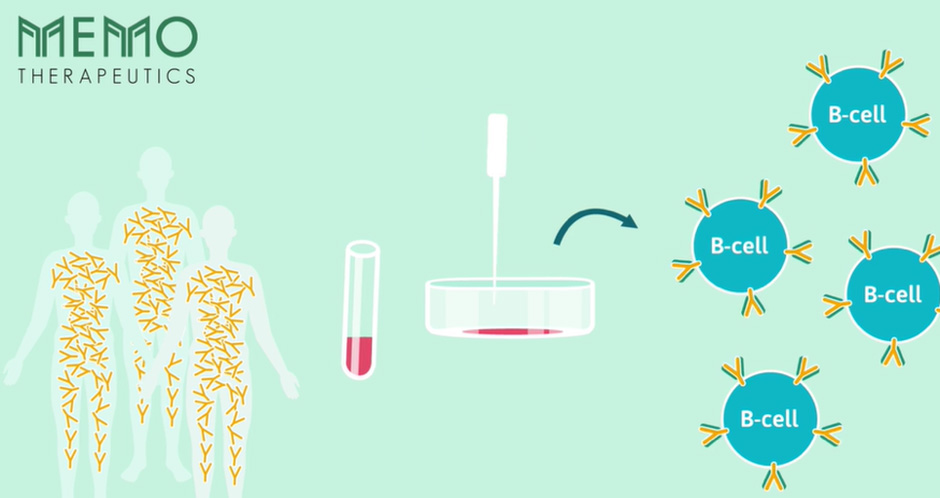
Step 1: Isolating B-cells from the survivor of a certain disease
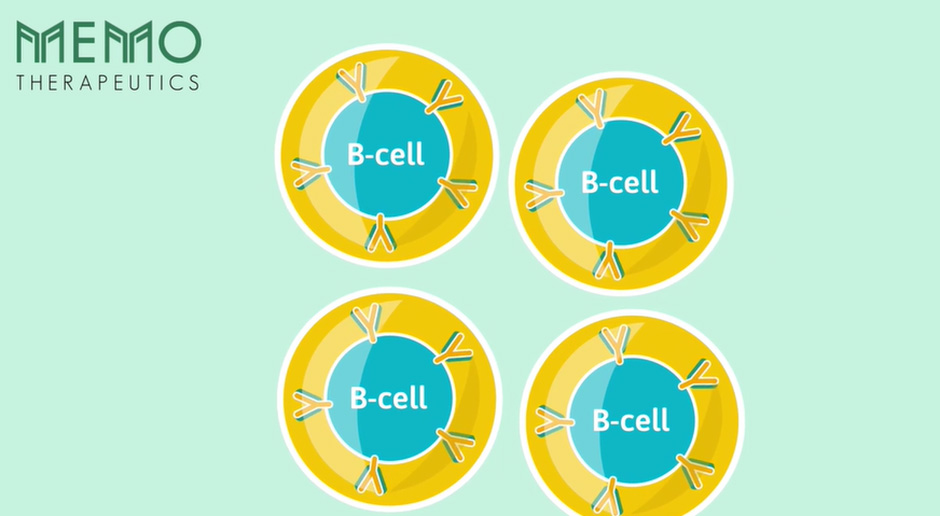
Step 2: Capturing the B-cell in a droplet of water in oil for preservation
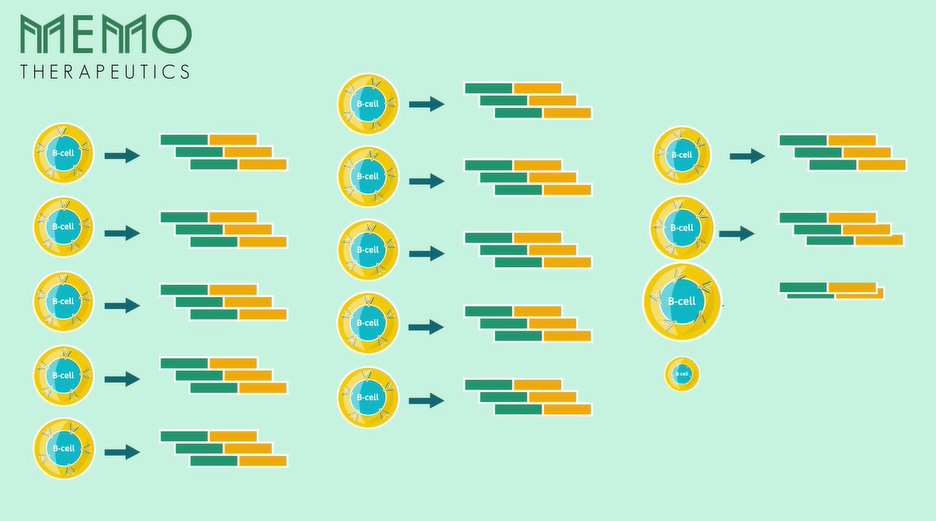
Step 3: Extracting the DNA information for storage in the library
What are the advantages of this technology and is it already in use?
The human as a source of therapeutic antibody candidates is unique, as the clinical success of an antibody candidate is increased by selecting suitable donors. The advantages of antibody therapy include: few side effects, the ability to identify, target, and fight specific viruses, and the fact that the antibodies are natural as they come from the human body. More importantly, since our antibodies are created within a human, they do not trigger cross-reactions.
Currently, we have two products. The first product deals with SARS-CoV-2. In March 2020, we issued a call for people suffering from severe Covid 19 to donate blood. This enabled us to isolate the best matching antibody drawn from hundreds of samples. Subsequent testing has shown very promising results. Today, we have enough clinical material to test it on humans throughout this year. For people with mild to moderate symptoms, the antibody can act as therapy as well as a “passive immunisation” through its prophylactic action. It can also be used for people who cannot be vaccinated.
Our second product is against the BK virus. BKV is a human polyomavirus that resides in the kidneys of up to 90% of healthy individuals but causes serious threat in 1/3 of kidney transplant patients. It will go into clinical trials by the end of this year.
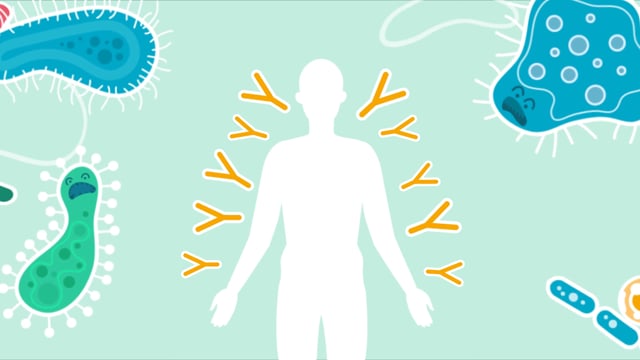
What are you plans for the future?
We have already successfully generated best-in-class antibodies against two viruses – namely SARS-CoV-2 and the BK virus. We now plan to further scale our technology for use against other viruses, bacteria, and other indications. While we develop our own products, we also develop solutions in collaboration with pharmaceutical companies. We recently enjoyed a successful collaboration with “Immunocure”, by helping them find very rare antibodies from autoimmune patients – a first in this field. We are also working on further partnerships with regard to SARS-CoV-2 treatment.
As is the case for other biotech startups, we are looking for additional partners and investors.
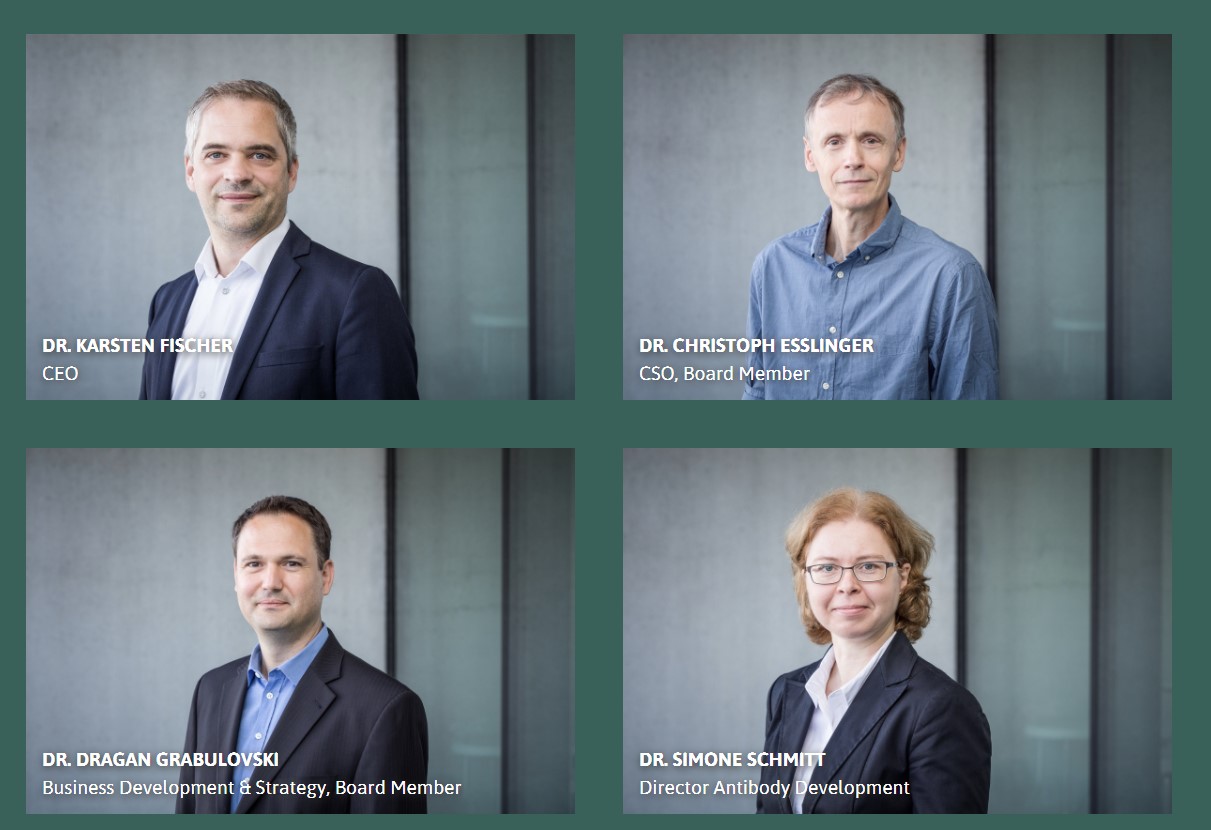
Contact/Links:
external pageMemo Therapeuticscall_made
Do you want to get more "News for Industry" stories?
external pageSubscribe to our newslettercall_made
external pageFollow us on LinkedIncall_made
Are you looking for research partners at ETH Zurich?
Contact ETH Industry Relations
ETH spin-offs: facts and figures
Since 1996, 471 spin-offs have been founded at ETH Zurich. ETH transfer, the technology transfer office at ETH Zurich, supports recognized ETH spin-offs in the founding process and in their first years of operation.
